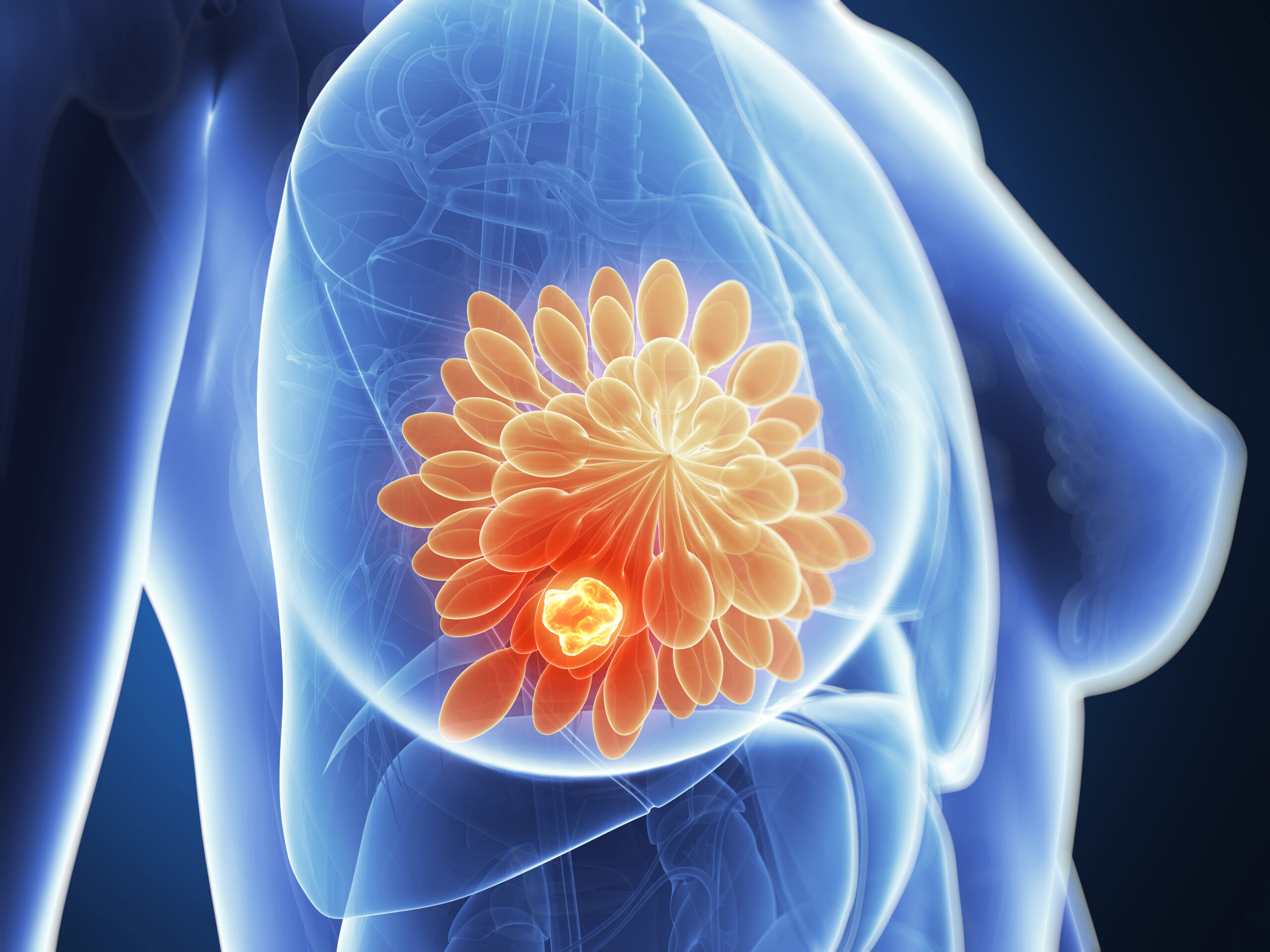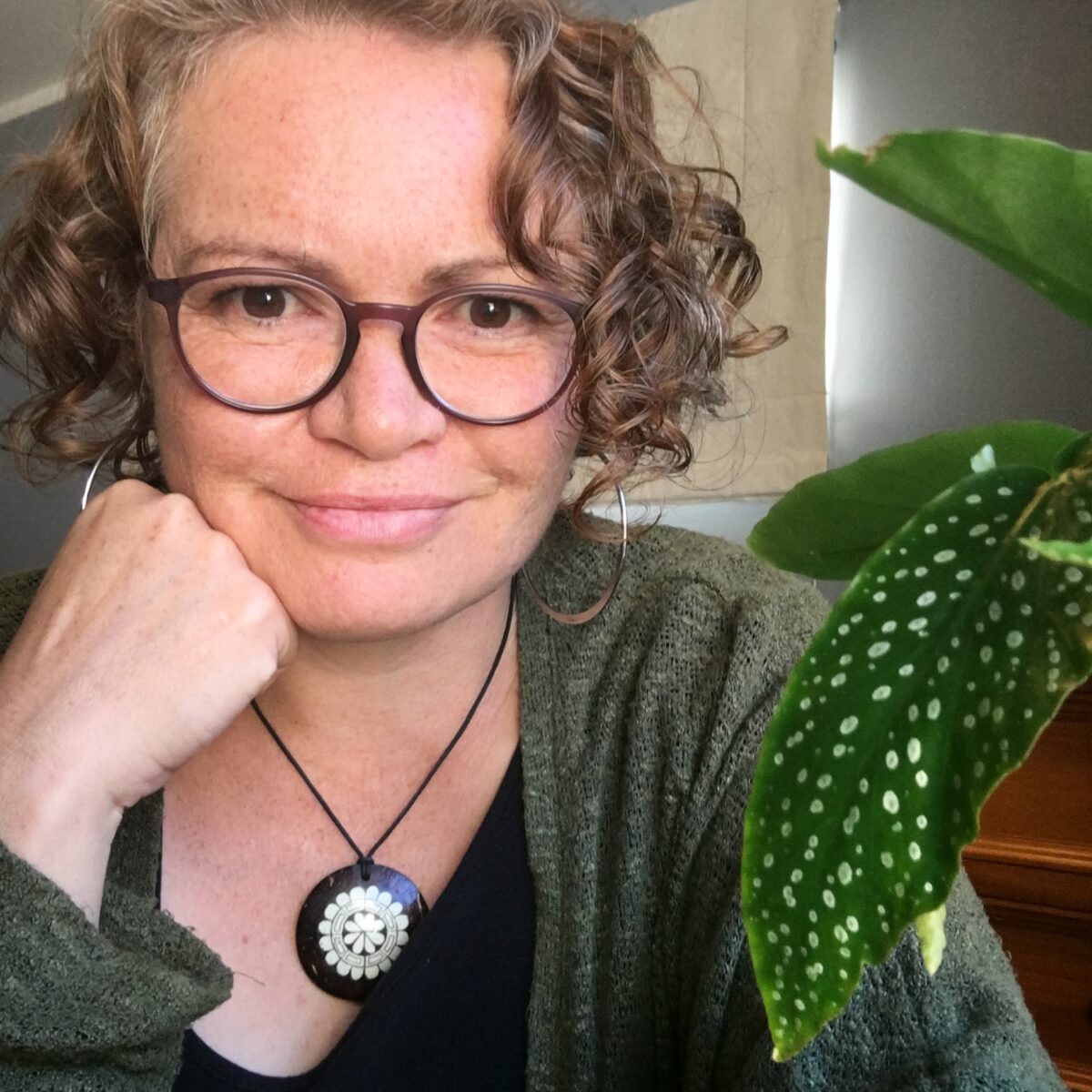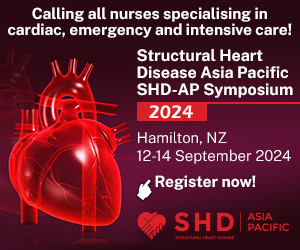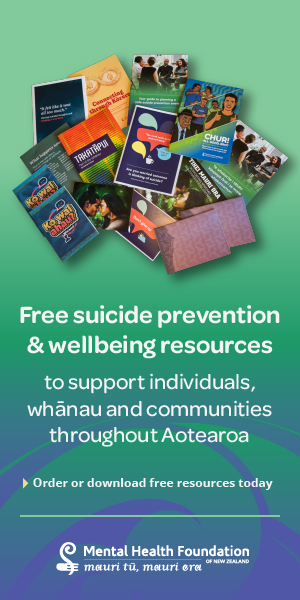“This essay is a way for me to make meaning from my experience of cancer, to laugh about it, and to ask questions about what we’re missing when we think about sickness and wellbeing.” – Tina Makereti
Frankenboob changes everything. The way I eat, the way I sleep, the way I drink. How I think, how I speak, what I give my attention to. But none of this is because of treatment or what I have been prescribed. Every practitioner I meet at the hospital is exceedingly kind, gentle, and clearly hard-working. They ask me how I am, but they mean how my body is, particularly the areas affected by treatment. I can access counselling if I wish, through the Breast Cancer Society, though access to Māori counsellors is notoriously difficult. It’s been forty years since we’ve known about Te Whare Tapa Whā, but in several months of treatment, no one asks me about my whānau. No one asks about my wairua or hinengaro. I wouldn’t even have minded if they did this the Pākehā way. They could have talked to me about my diet, coping mechanisms, exercise, support systems. I’m fine because I have good access to information, and I’m a researcher, but I think a lot about people who only do what the doctor prescribes. People who don’t have the time or energy or easy access to research, people for whom English is not the first language, or who have a big family waiting for them to get home with the kai. It’s the only thing that worries me — that our treatment is limited to the body parts in which the cancer has grown. And it would make a difference, to have someone ask about our lives as a whole. The evidence is clear that the way we feed and exercise and relax ourselves can make a huge difference to our outcomes. The evidence is clear that we should pray or meditate, deal with our chronic stress, make amends and decide how to respond to those who have harmed us. The evidence is clear we should forgive ourselves, most of all, and live in good community with others.
It’s been forty years since we’ve known about Te Whare Tapa Whā, but in several months of treatment, no one asks me about my whānau. No one asks about my wairua or hinengaro.
During the three weeks of radiotherapy, my breast became uncomfortable and itchy and sore. Lost some skin and received a radiation tan. But mostly it’s the fatigue people talk about, and that was the hard part. Still, there’s nothing quite like cancer as a legitimate excuse to not work. By the time my convalescence was over, I’d gotten used to something called rest, and I’ve become unwilling to forget that it means life.

I’m still figuring out how to deal with the conditions that caused the cancer. It’s all of the above and then some, with some element of chaos and free radicals and the way the fucking world is right now. At my one-year check-up I was given the all clear — the name Frankenboob faded long ago with her scars, though there might still be a tinge of blue. The oncologist said it takes one year to recover from surgery, two to recover from radiation. I wonder how long it takes to recover from the conditions that caused the cancer. It could be generations, but there’s no reason it can’t start now.
Read Tina Makereti’s full essay ‘Lumpectomy’ (Otago University Press) in Landfall 244 or in Strong Words #3: The best of the Landfall essay competition selected by Lynley Edmeades and Emma Neale (out in July 2023). First published in Landfall 244, edited by Lynley Edmeades. Reproduced with permission.




